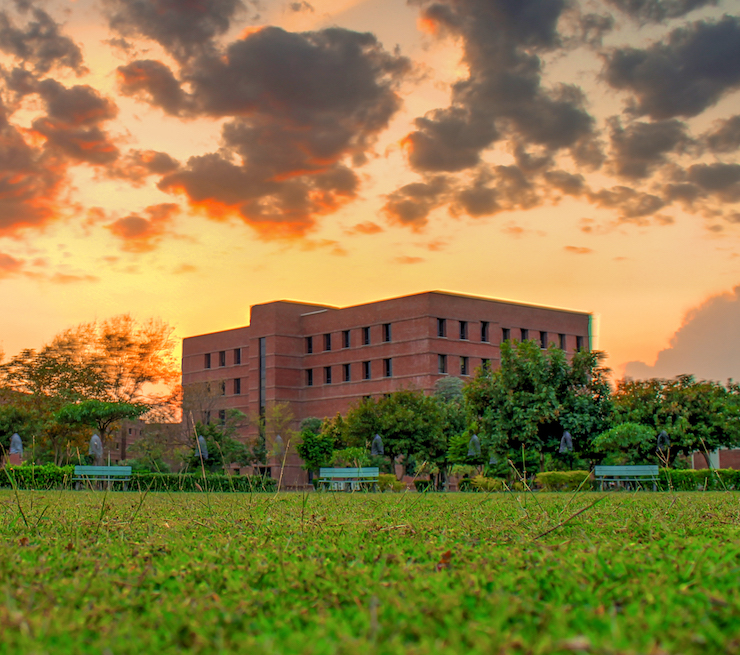Two Professors of Lahore University of Science and Technology (LUMS) have won the Google Faculty Research Award for their proposal on developing technologies to make internet web faster for users in developing countries.
Dr. Ihsan Ayyub Qazi, Associate Professor of Computer Science and Dr. Zafar Ayyub Qazi, Assistant Professor of Computer Science at Syed Babar Ali School of Science and Engineering (SBASSE), LUMS, have been honored with the highly esteemed Google Faculty Research Award for designing technologies to improve Web performance on slow networks which persist in developing nations.
Google Research Faculty Award aims to identify issues related to technology and seek their solution from faculty to design technologies that will empower the future generations to use technology more effectively. Google Faculty Research Awards are structured as seed funding (up to $150,000 USD) to support one graduate student for one year and are awarded as an unrestricted gift to support the research of faculty members at top class world universities.
The award is highly prestigious and competitive as only 15% of applicants receive funding and each proposal goes through an extensive Google-wide review process. Additionally, the awards give an opportunity to faculty and students to work with Google’s researchers and engineers. Nonetheless, less than 5% of funded proposals at Google are from outside the US. Hence, it is a big honor for the two Professors, LUMS and Pakistan to have won this award.
Dr. Ihsan commented about his research:
“Since we came back to Pakistan and joined LUMS, we have been driven by the goal of improving the quality and penetration of Internet access. Motivated by this vision, we evolved a research agenda that is based on two important trends. First, mobile phones have become the dominant mode of Internet access in developing countries. Second, low-end mobile phones (with limited capabilities) and slow networks are common in developing countries, which significantly degrade users’ experience of the Web.
We believe if we can make the Web faster on slow devices and networks, this can have a profound socio-economic impact on millions of users in developing countries.”












